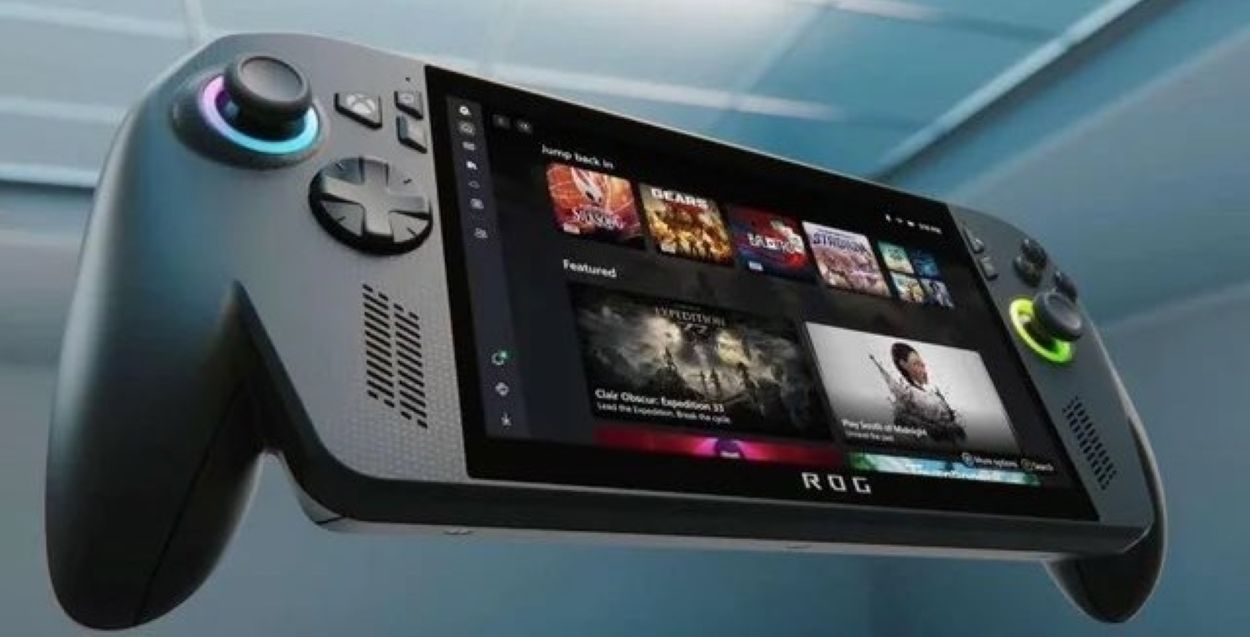Microsoft has reportedly abandoned plans for its own Xbox handheld gaming console and is developing a software platform for third-party manufacturers.
According to The Verge, the shift follows the recent launch of the Asus ROG Xbox Ally, which runs a new Xbox-themed user interface.
Why Microsoft Cancelled Its Xbox Handheld
Citing insiders, The Verge reports that Microsoft has “essentially cancelled” its handheld gaming device, which was rumoured to compete with the Nintendo Switch 2. The decision comes after Windows Central noted a pause in development, with Microsoft prioritising optimisation of Windows 11 for handheld gaming performance.
Challenges in creating a compact console likely influenced the pivot. Instead, Microsoft focuses on a software platform that enables third-party OEMs, like Asus, to produce Xbox-branded handheld devices.
Microsoft’s dedicated handheld is essentially canceled as the company shifts its focus to Xbox’s new software platform, according to The Verge (@tomwarren).
While the next-generation Xbox is still expected, hardware from PC manufacturers like ASUS may also be considered… pic.twitter.com/n167Mtw8va
— VGT Gaming News (@GAMERNEWSonX) June 12, 2025Microsoft’s Xbox software debuted on the Asus ROG Xbox Ally and Ally X, offering a console-like experience without the standard Windows UI. This launcher, similar to SteamOS, allows users to access games and apps seamlessly on 7-inch or 8-inch screens. In an Xbox podcast, Microsoft Gaming CEO Phil Spencer called this collaboration between the Xbox and Windows teams the “tightest” in his 30 years at the company.
The platform will support “Xbox PC” titles, a new designation for games optimised for handheld consoles, and integrate Steam games via the Xbox PC app. However, emulating full Xbox titles on these devices remains a work.
Microsoft plans to deepen partnerships with third-party manufacturers to launch Windows-based handheld gaming PCs with Xbox branding. The Asus ROG Xbox Ally, set to hit shelves later in 2025, exemplifies this strategy. By licensing its software, Microsoft aims to expand its gaming ecosystem without the risks of developing proprietary hardware.
Microsoft’s pivot to software over hardware reflects a strategic focus on accessibility and scalability in the handheld gaming market. By empowering OEMs, Microsoft can compete with devices like the Nintendo Switch 2 and Steam Deck while addressing Windows’ usability challenges on small screens.






